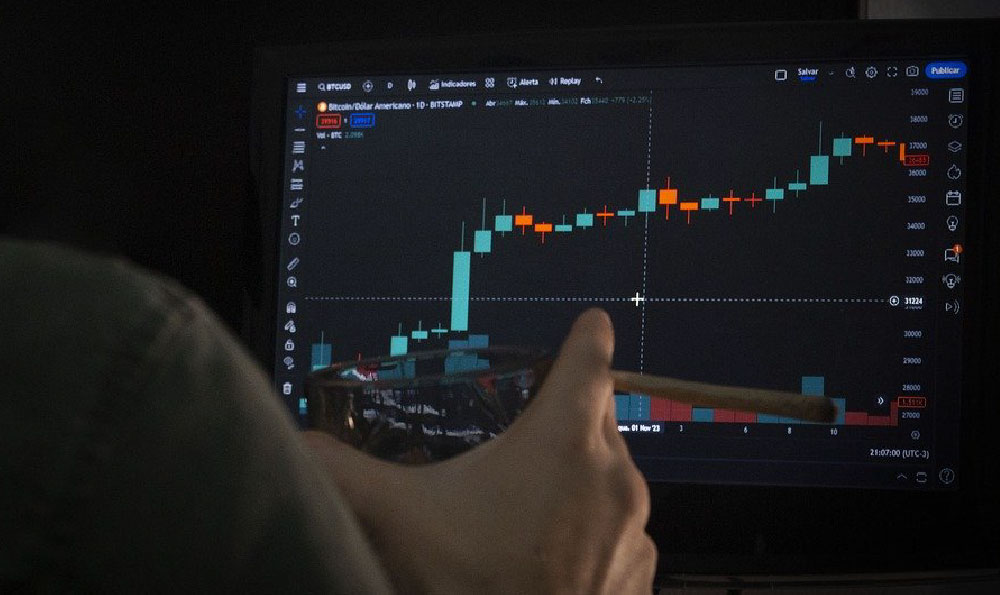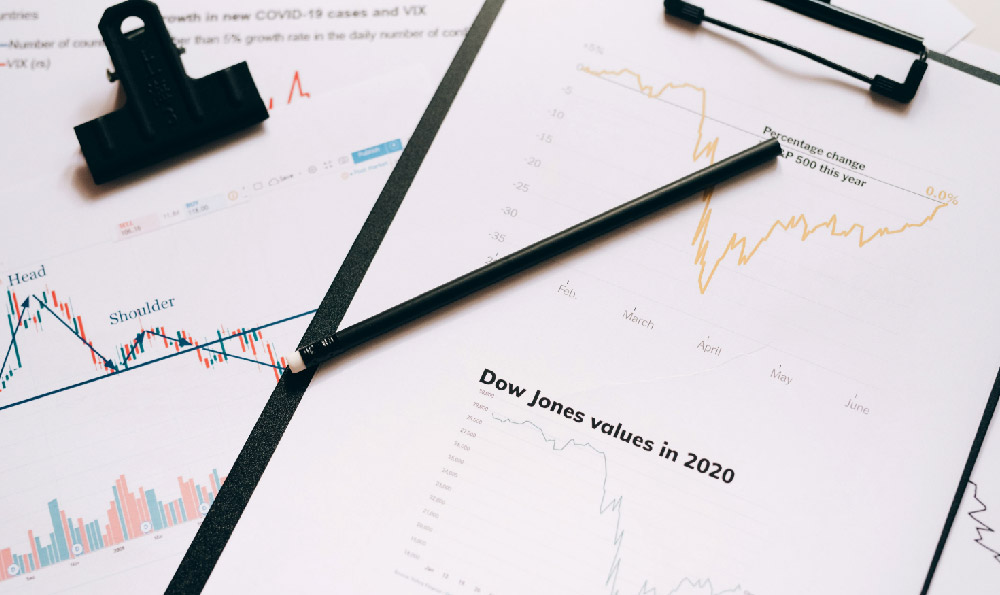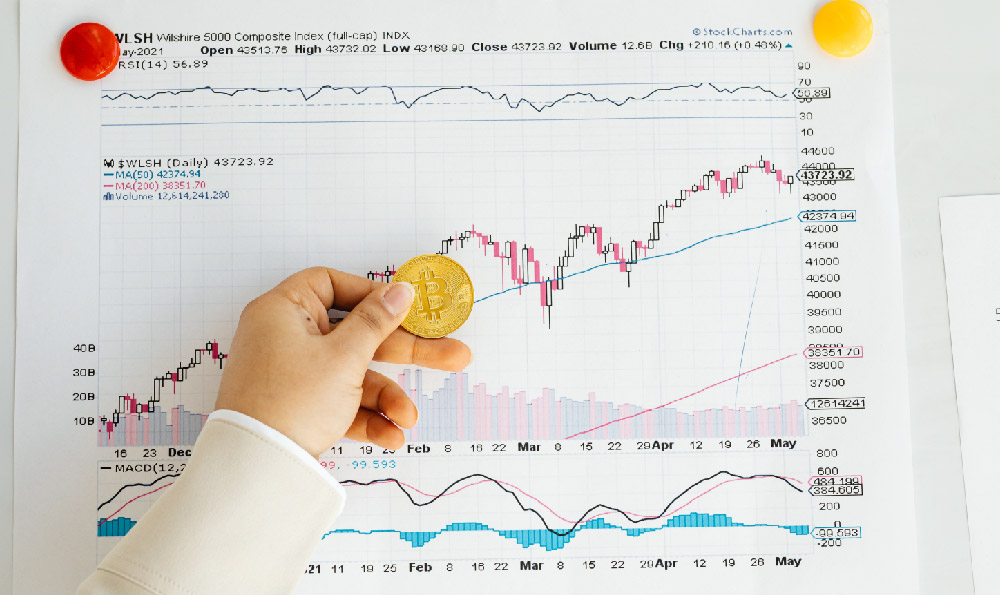How to Make Money Selling Drugs Documentary: Fact or Fiction?
Okay, I understand. Here's an article exploring the intersection of documentaries, drug sales, and the potential (or perceived) for financial gain, while maintaining a focus on the nuances and ethical considerations involved:
The allure of quick riches and the desperation of economic hardship often fuel the mythos surrounding the drug trade. Documentaries exploring this world, with titles that explicitly promise insights into "how to make money selling drugs," walk a fine line between investigative journalism and potentially glamorizing or even inadvertently promoting illegal activities. Disentangling fact from fiction within these narratives requires a critical eye and a thorough understanding of the complexities involved.
At its core, any documentary aiming to reveal the financial mechanics of the drug trade faces a fundamental challenge: access. Legitimate financial experts and analysts are unlikely to participate, leaving filmmakers to rely on interviews with former dealers, law enforcement officials, and potentially current participants. The accuracy and reliability of such accounts are inherently questionable. Former dealers might embellish their past successes for personal gratification or to create a more captivating story. Law enforcement, while possessing valuable insights, may be biased by their perspective and goals. And current participants risk self-incrimination, incentivizing them to misrepresent their operations.

Consequently, the financial models presented in these documentaries often lack the rigor and detail found in traditional business analysis. Instead, they frequently rely on anecdotal evidence, broad generalizations about profit margins, and simplistic visualizations of cash flow. While these depictions might provide a general sense of the scale of the drug trade, they rarely offer actionable advice for someone genuinely seeking to replicate the alleged success. Any "formula" offered is, at best, a vast oversimplification of a brutally complex and unpredictable ecosystem.
Furthermore, the documentaries often fail to adequately address the immense risks associated with drug dealing. Beyond the obvious threat of arrest and incarceration, dealers face constant dangers from rival gangs, violence, addiction, and exploitation. The profit margins often cited fail to account for the expenses of protection, bribery, and the inevitable losses due to theft, seizure, or internal disputes. The narrative typically focuses on the perceived rewards, glossing over the devastating human cost both to the dealers themselves and to the communities they operate within. A realistic portrayal would showcase the paranoia, the instability, and the ever-present fear that permeate this lifestyle, factors that heavily erode any illusion of long-term financial stability.
The ethical implications of producing and consuming such documentaries are also significant. By presenting the drug trade as a potentially lucrative career path, even unintentionally, filmmakers risk influencing vulnerable individuals, particularly those facing economic hardship or lacking alternative opportunities. The glamorization of wealth and power, even when contextualized within a criminal enterprise, can be a powerful motivator, especially for young and impressionable viewers. Therefore, documentaries dealing with this topic bear a considerable responsibility to provide a balanced and nuanced perspective, emphasizing the devastating consequences and the inherent unsustainability of such a path.
Instead of focusing solely on the allure of wealth, a responsible documentary should delve into the underlying socioeconomic factors that contribute to the drug trade's existence. Poverty, lack of education, systemic inequality, and the failures of the legal system all play a significant role in driving individuals toward this dangerous and destructive activity. Addressing these root causes is far more effective than simply showcasing the supposed financial rewards.
Moreover, documentaries exploring the drug trade should critically examine the legal and ethical implications of drug prohibition itself. The inflated prices and exorbitant profits associated with illicit substances are a direct consequence of their illegal status. A more balanced perspective would consider alternative approaches to drug policy, such as legalization and regulation, which could potentially undermine the black market and reduce the harms associated with the trade.
In conclusion, while documentaries about "making money selling drugs" may offer a glimpse into a hidden world, it's crucial to approach them with a healthy dose of skepticism. The narratives presented are often incomplete, biased, and potentially misleading. The focus should not be on replicating the alleged financial success, but rather on understanding the complexities of the drug trade, the devastating consequences it inflicts on individuals and communities, and the underlying socioeconomic factors that fuel its existence. The true lesson to be learned from these narratives is not how to profit from illegal activity, but rather how to address the root causes of poverty, inequality, and addiction that drive individuals towards this destructive path. A responsible approach focuses on education, rehabilitation, and systemic change, rather than perpetuating the myth of quick riches through criminal enterprise.















